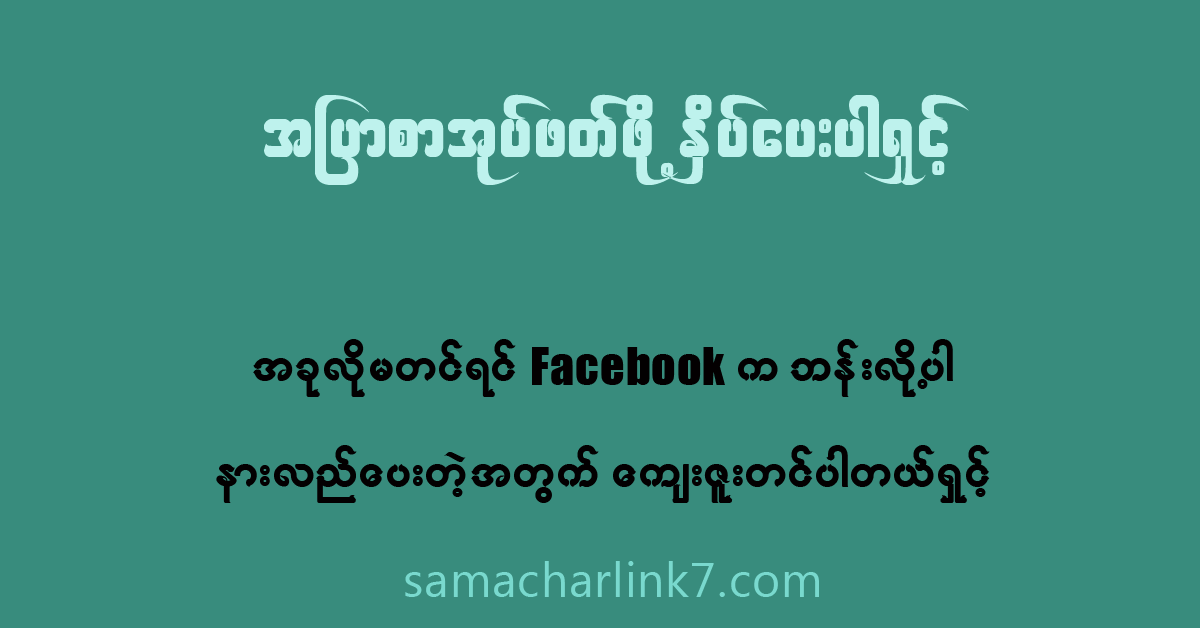
The music industry is no stranger to change. Over the years, we’ve seen technological advancements transform how music is created, produced, and consumed. One of the latest and most fascinating developments is the rise of artificial intelligence (AI) in music. But the big question remains: can machines compose chart-topping hits, or is music creation reserved for the human touch?
In this article, we’ll explore how AI is making waves in the music world and discuss whether machines can truly create hits like the ones we know and love.
The Role of AI in Music Creation
AI technology is evolving rapidly, and it’s finding its way into every corner of the music industry, from producing soundtracks to mastering songs. One of the most significant areas where AI is making an impact is in music composition. Several AI-powered tools are now capable of generating music that sounds remarkably similar to human-created tracks.
Companies like OpenAI, Google, and Sony have developed AI models that can analyze existing music to understand patterns, harmonies, rhythms, and even the emotional tones of a song. Once trained, these AI systems can generate entirely new compositions based on this knowledge. For example, OpenAI’s MuseNet and Google’s Magenta project are capable of creating original music across various genres, from classical to pop.
AI: A Tool for Inspiration, Not Replacement
While AI can create music, many believe that its role is more about inspiration than full replacement. AI may be able to generate melodies, chord progressions, and even lyrics, but it lacks the emotional depth and life experience that a human artist can bring to a song.
Music, at its core, is a reflection of human emotion, experience, and culture. It’s about storytelling, connection, and creativity—things that come naturally to humans. While AI can mimic these elements, it’s hard to imagine a machine capturing the raw, personal expression that an artist pours into their work.
For example, AI tools are already being used by musicians to spark new ideas or enhance their compositions. Producers and songwriters can input certain parameters, such as mood or genre, and let AI generate a rough track. They can then build on this, adding their own unique touch. In this way, AI serves more as a collaborator than a creator in its own right.
Can AI Compose a Hit Song?
AI has certainly made impressive strides, but the question remains: can it create a hit? Hits are often defined by their ability to connect with a wide audience, and that is something inherently tied to the human experience. Sure, AI can create music that sounds good on paper, but does it have the power to resonate emotionally with listeners the way a hit song does?
The best hits have a combination of memorable melodies, relatable lyrics, and an emotional pull that strikes a chord with people. It’s the human element—whether it’s the story behind the song, the artist’s delivery, or the context in which the song is released—that makes it a hit. While AI can help generate the musical components, it’s unclear whether it can capture the intangible elements that make a song truly iconic.
AI in the Music Industry: The Future
Even though AI may not fully replace human musicians, it will likely continue to play a significant role in shaping the future of music. The possibilities are endless—from personalized music experiences to entirely new genres and innovations. In fact, AI could potentially make music creation more accessible to aspiring artists who may not have traditional training or resources.
Moreover, AI’s ability to analyze listener preferences could revolutionize music recommendation systems, creating more personalized playlists and discovering new, unheard artists. It’s clear that AI will play a role in the music industry for years to come, but its role will likely remain as a tool to assist and inspire rather than replace the human element of creativity.

